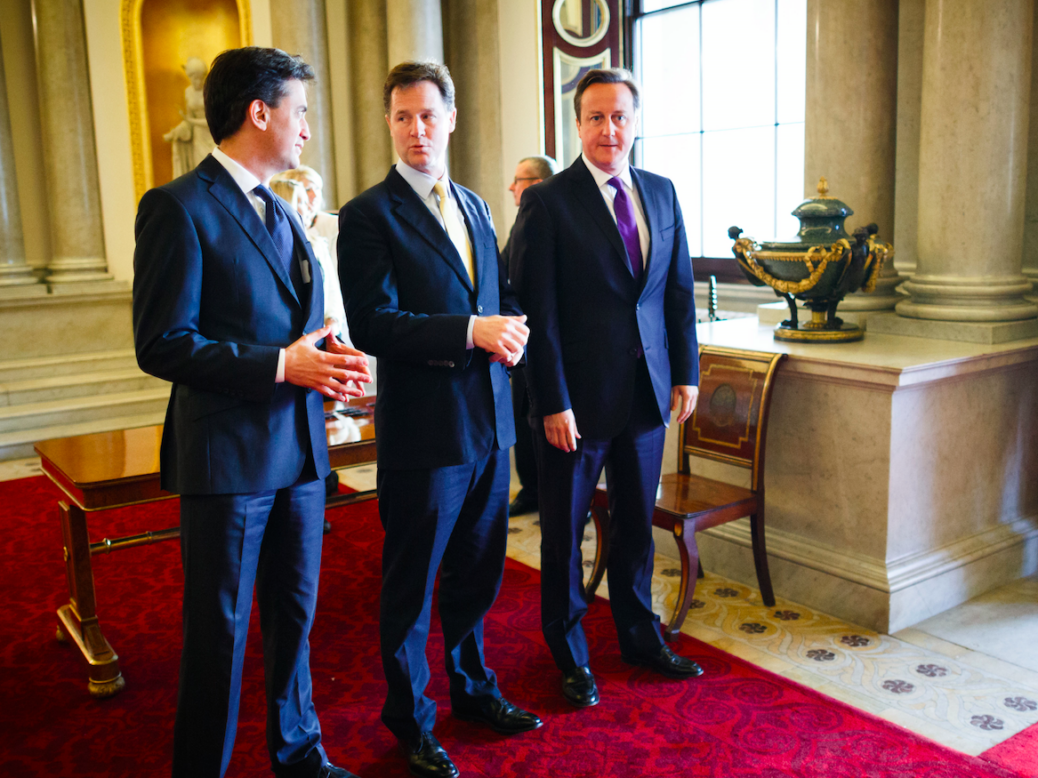
The hot topic in the Lib Dems right now is all coalition focused, post 2015. And this may well be misplaced. For example, Martin Kettle published an excellent analysis earlier this week about why a hung parliament in 2015 may well not result in another coalition government.
The reflexive prediction of a second coalition government is lazy. It is grounded more in past precedent than present fact. It overlooks something which many observers – including a lot of Liberal Democrats – have not spotted. It is that the Conservatives and the Labour party see powerful advantages in other governing options, even within a hung parliament. If the numbers permit – a proviso that should henceforth be taken as read — both the Tories and Labour will be tempted to spurn coalition and go it alone as a minority government.
He goes on to make a strong case for why both Labour and the Tories would rather tell Nick Clegg to stuff it next May. But I think one factor may have escaped Kettle, and it’s one reason why many Lib Dems hope Labour get its act together sooner rather than later and end up as the biggest party in 2015. Sadly it’s less to do with policy and more to do with money.
Any minority government by definition is a vote of no confidence waiting to happen (and most Lib Dems are already dismissing the notion of any sort of confidence and supply arrangement – seen as the worst of both worlds for the party).
So that means a second general election in 2015 – 1974 all over again. If we find the Tories in No 10 in 2015, they’ll call that election themselves, knowing their coffers are full and making running a second campaign in a matter of months a straightforward undertaking. And as a bonus, Ukip will probably be all spent up by then too. It’s the option many Tories think Cameron should have gone for in 2010.
However, that’s not true of Labour, which has nowhere near the same financial clout. Will the unions put their hands in their pockets to fund a second election campaign? Given the unrest around the Miliband leadership already, it seems unlikely. Even less likely if he’s just failed to win a majority when he only needed 35 per cent of the vote to get it.
So while the Labour party may well desire to govern alone, the reality of their finances may mean that’s simply not an option, and the only game in town is a coalition.
Of course, this may not be with the Lib Dems. Who knows how the electoral arithmetic will work out, and maybe the SNP, Ukip, Plaid, the DUP and who-knows-who-else could be in the electoral frame.
But if Ed can’t get over that majority line next May, a coalition government looks far more likely than if the Tories find themselves in a minority position.
What price the reform of party funding then?





